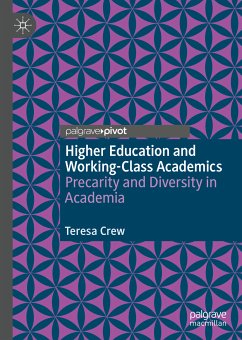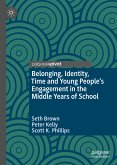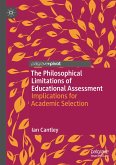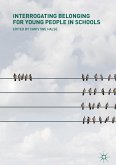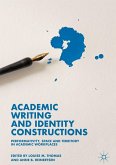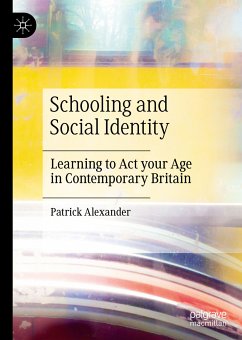"This book is a passionate and lyrical account of the workings of class and inequality in higher education. Drawing on the narratives of working class academics, it paints a powerful and compelling picture of the everyday systematic injustices faced by those from working class backgrounds who never lose a sense of being outsiders. The book also shows the way forward, calling for a real democratization of our universities, one based on mutual support, solidarity and the valuing of working class pedagogies."
-Professor Diane Reay, Cambridge University, UK
"Reading this book as a working class academic was not easy, flashes of personal experience of microaggressions, exclusion, and ridicule was in every page. I would urge every Vice Chancellor, head of department and Student Representative to read this book - and to think about their working class students, and staff with more care."
-Dr. Lisa McKenzie, Durham University, UK
This book examines how a working-class habitus interacts with the elite culture of academia in higher education. Drawing on extensive qualitative data and informed by the work of Pierre Bourdieu, the author presents new ways of examining impostor syndrome, alienation and microaggressions: all common to the working-class experience of academia. The book demonstrates that the term 'working-class academic' is not homogeneous, and instead illuminates the entanglements of class and academia. Through an examination of such intersections as ethnicity, gender, dis/ability, and place, the author demonstrates the complexity of class and academia in the UK and asks how we can move forward so working-class academics can support both each other and students from all backgrounds.
Teresa Crew is Lecturer in Social Policy at Bangor University, UK. Her research interests include higher education and social mobility; social capital of vulnerable groups and access to and barriers into employment.
Dieser Download kann aus rechtlichen Gründen nur mit Rechnungsadresse in A, B, BG, CY, CZ, D, DK, EW, E, FIN, F, GR, HR, H, IRL, I, LT, L, LR, M, NL, PL, P, R, S, SLO, SK ausgeliefert werden.
Es gelten unsere Allgemeinen Geschäftsbedingungen: www.buecher.de/agb
Impressum
www.buecher.de ist ein Internetauftritt der buecher.de internetstores GmbH
Geschäftsführung: Monica Sawhney | Roland Kölbl | Günter Hilger
Sitz der Gesellschaft: Batheyer Straße 115 - 117, 58099 Hagen
Postanschrift: Bürgermeister-Wegele-Str. 12, 86167 Augsburg
Amtsgericht Hagen HRB 13257
Steuernummer: 321/5800/1497
USt-IdNr: DE450055826
Bitte wählen Sie Ihr Anliegen aus.
Rechnungen
Retourenschein anfordern
Bestellstatus
Storno

